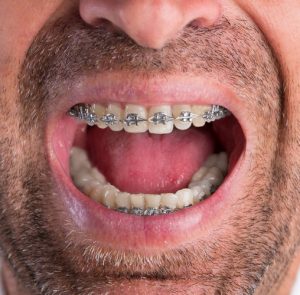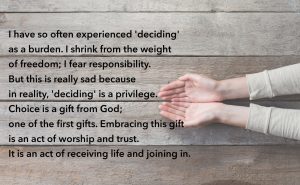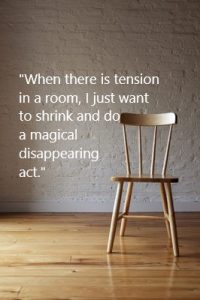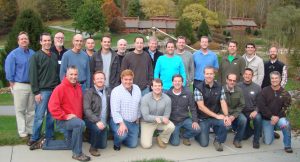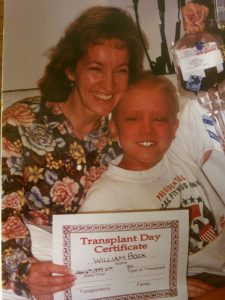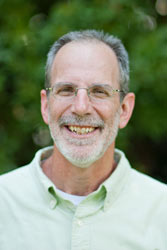Goals and Fear
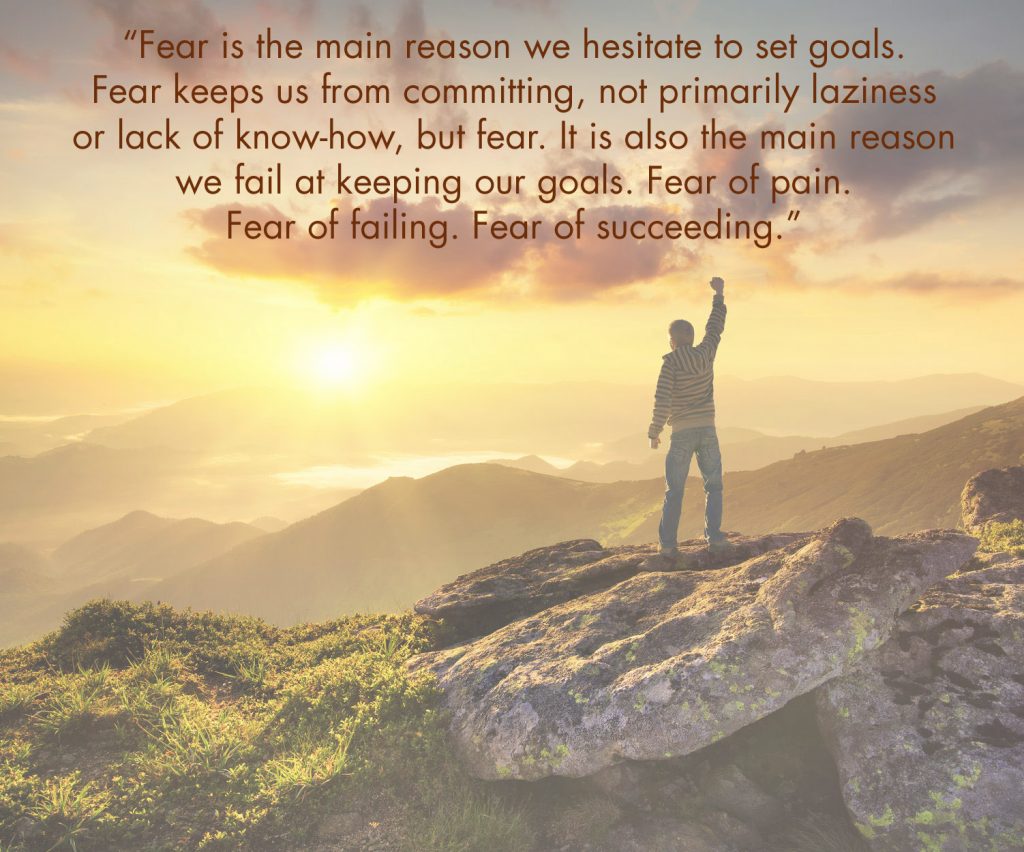
Ah, it is a new year! Time to set new goals! Looking back at 2017, I am proud to say that I have kept one goal every single day. A real success story. But the point of sharing my story isn’t to show you how to keep your goals (as you shall see, I don’t deserve much credit here). The point is to illustrate why we avoid setting goals in the first place.
My 2017 goal was to straighten my teeth. So, I went to the Orthodontist and asked him what it would take for an old guy like me to accomplish this. After my exam, he sat me down and answered my questions: ‘Yes, adults do get braces and yes, it will work’. ‘Yes, your particular dental (mis)arrangement is a candidate for braces’. And finally, ‘Here’s how long your treatment might be – give or take a month or two’.
I sat there quietly. They had given me all the information. They had been nice and respectful about it too. Now, they were awaiting my decision. I looked up at the TV screen displaying the unflattering pictures of my stretched-out mouth and crowded smile. I ran my tongue across my front teeth. I adjusted myself in my seat. I was hesitating, but not because I was weighing the pros and cons of the end result. My hesitation originated somewhere more visceral. I was really thinking, “What would people say (and think) about me when they see me with braces?”
In short, I was afraid.
Thus my point, fear is the main reason we hesitate to set goals. Fear keeps us from committing, not primarily laziness or lack of know-how, but fear. It is also the main reason we fail at keeping our goals. Fear of pain. Fear of failing. Fear of succeeding.
As I said, this one goal, I have kept since my braces were installed last April – that’s nine months of staying power. OK… OK…I admit it’s not hard to stick with your goals if they are cemented to your teeth. So I guess I don’t get much credit for perseverance. However, I have had to face my fears. If I could have easily taken the braces on and off, I might have caved. But since I couldn’t, my braces have offered me the experience of daily confronting my anxiety of what people think, of how I look (particularly when eating), and wondering if I am just a foolish old man.
When it is all over, I don’t know whether I will decide that getting adult braces was noble or vain, worthwhile or a waste. But halfway through the process, I already know that the unintended benefit of my braces is that they have forced me to face my fears. And when you face your fears, there are all sorts of benefits. For example, I am learning that, lo and behold, these fears won’t kill me. I am learning that facing one kind of fear helps you face other kinds too. Imagine that, an adult can still learn to face their fear. And I am learning that beyond the fear is the person that God made me to be. He is helping me to push beyond my anxieties to become that person.
There are all sorts of things I don’t try because I am afraid. Anxieties control my choices. I say ‘yes’ to this request, because I am afraid of disappointing someone. I say ‘no’ to that opportunity, because I am afraid of disappointing myself. I don’t choose healthy because I fear the small discomfort. I don’t choose a rewarding challenge because I fear failure. When I see my choices like this, I realize that my values and dreams aren’t directing my life, but my fears are. And these fears reduce me to a small-minded person that I never thought I would become.
So my cemented-on-braces have forced me to face my stuck-on-fears. And facing my fears has taught me that although I might suffer here or there, I can survive that and live to be someone different. If I want too, I can choose a different path. I don’t have to live in servitude to fear (real or imagined); I can live serving God.
So when you sit down this year to make goals, know that you are facing your fear – be brave. Be brave, trust God to take you back to the real person you are.
 Roger Edwards joined The Barnabas Center in 1991. He works with both with individuals and couples, helping people confess their need and embrace their available choices to lead healthier lives. Roger also teaches and leads discussion groups and retreats applying the Gospel to everyday life. He is a licensed professional counselor (LPC), holds a master’s degree in biblical counseling from Grace Theological Seminary in Indiana and earned a bachelor’s degree in engineering from the University of North Carolina at Charlotte. He is married to Jean and they have seven children and nine grandchildren.
Roger Edwards joined The Barnabas Center in 1991. He works with both with individuals and couples, helping people confess their need and embrace their available choices to lead healthier lives. Roger also teaches and leads discussion groups and retreats applying the Gospel to everyday life. He is a licensed professional counselor (LPC), holds a master’s degree in biblical counseling from Grace Theological Seminary in Indiana and earned a bachelor’s degree in engineering from the University of North Carolina at Charlotte. He is married to Jean and they have seven children and nine grandchildren.

